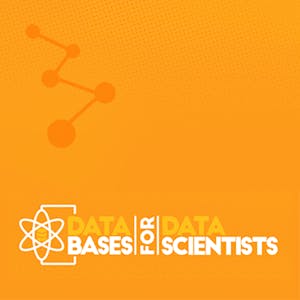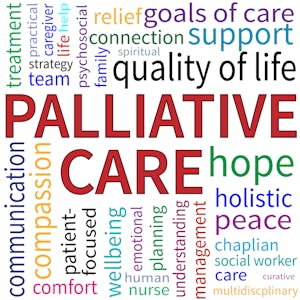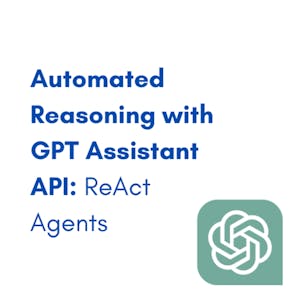Databases for Data Scientists
About this Specialization
Whether you are a beginning programmer with an interest in Data Science, a data scientist working closely with content experts, or a software developer seeking to learn about the database layer of the stack this specialization is for you! We focus on the relational database which is the most widely used type of database. Relational databases have dominated the database software marketplace for nearly four decades and form a core, foundational part of software development. In this specialization you will learn about database design, database software fundamentals, and how to use the Structured Query Language (SQL) to work with databases. The specialization, will conclude with an overview of future trends in databases, including non-relational databases (NoSQL) and Big Data. Upon completion of this specialization you will be well prepared to design and create efficient and effective relational databases, fill them with data, and work with them using SQL.Created by: University of Colorado Boulder

Related Online Courses
The \"Design of Formwork System\" course is meticulously crafted to instill a profound understanding of formwork design and its significance in construction. The course comprises four modules: In... more
The Palliative Care Always Capstone course is designed to let you test your knowledge about palliative and help others understand the value of palliative care, while showing your creative side. In... more
The concepts of large language models (LLMs) took the world by storm in November 2022, positioning Artificial Intelligence as one of the most invested-in and promising technology sectors. This... more
This course covers techniques for monitoring your projects in order to align client needs, project plans, and software production. It focuses on metrics and reviews to track and improve project... more
This course will cover the basic elements of designing and evaluating questionnaires. We will review the process of responding to questions, challenges and options for asking questions about... more







